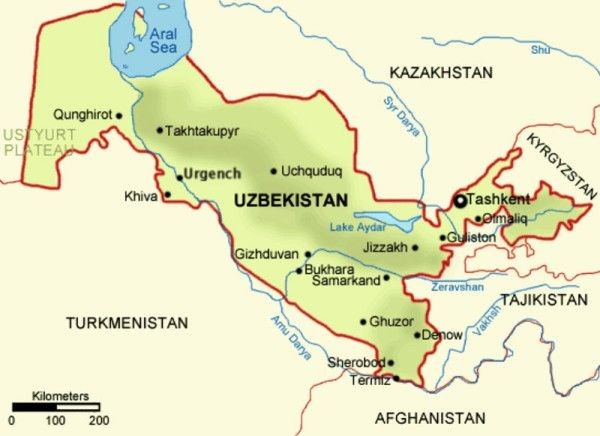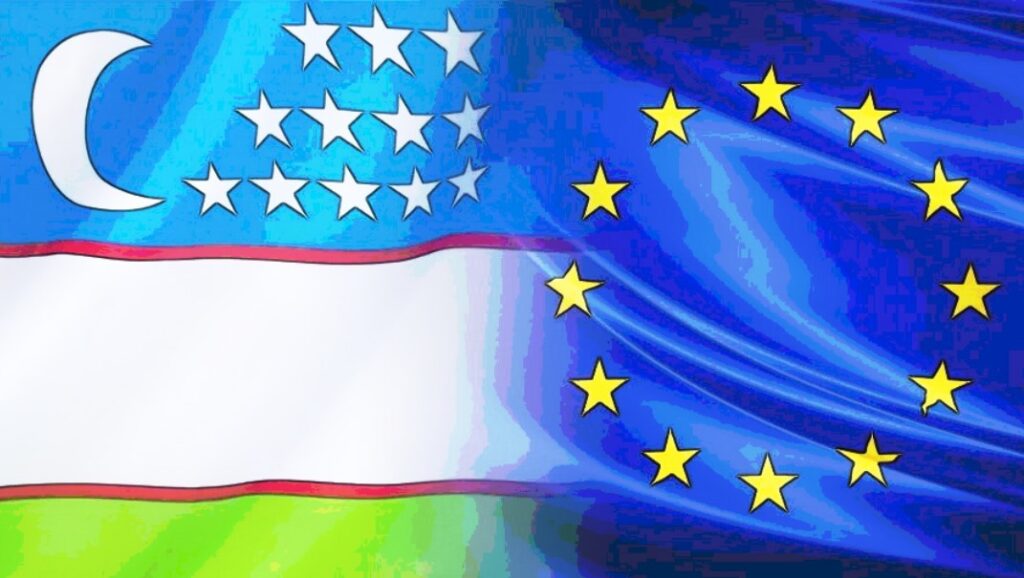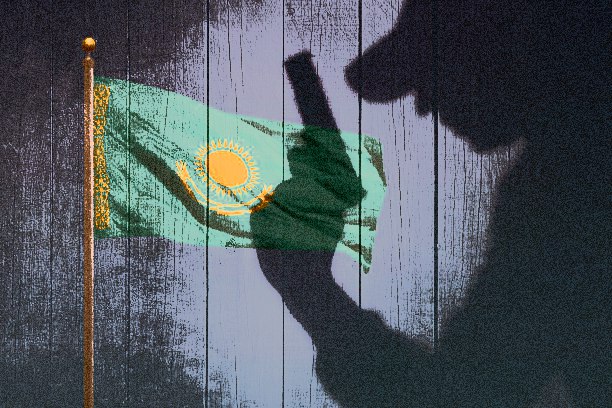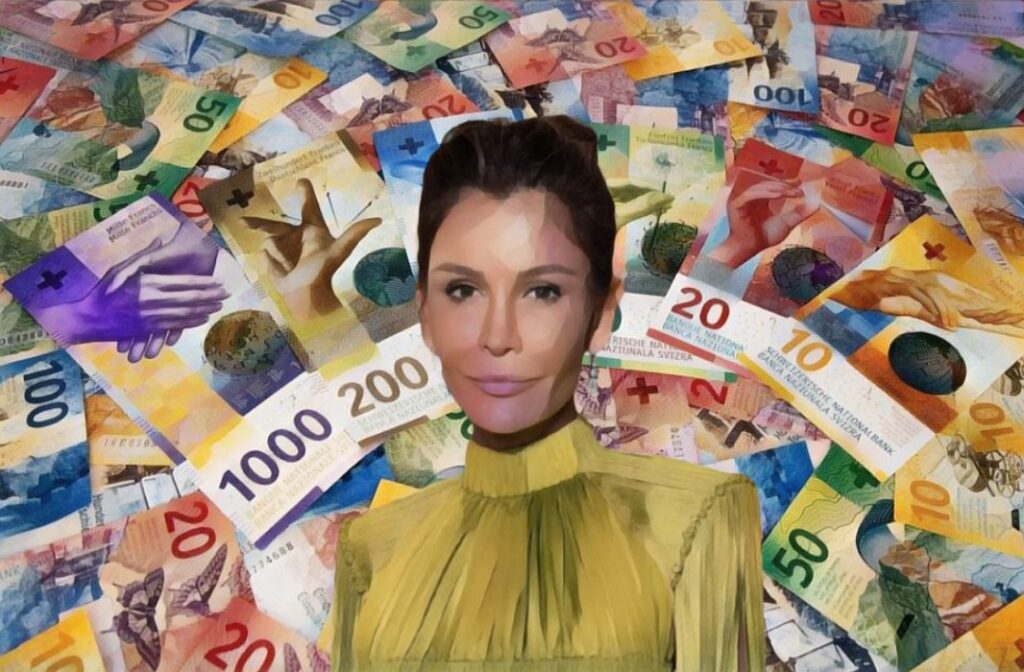TASHKENT (TCA) — Switzerland said it would send $133 million in seized assets linked to Gulnara Karimova to Uzbekistan, amid a continuing international struggle over the fate of more than a billion dollars tied to the elder daughter of the late President of Uzbekistan Islam Karimov, RFE/RL reported.
The order was announced on June 24, just days after an unusual first-person appeal from Karimova, who has been held in a Tashkent prison since March.
In her appeal, which was posted to her daughter’s Instagram account, Karimova appealed to the current Uzbek president for clemency. She also said she had ordered her lawyers to stop legal efforts to claim $686 million in frozen assets, believed to be mainly in Swiss bank accounts.
The statement’s authenticity was confirmed by one of her Swiss defense lawyers.
Criminal investigations in Switzerland, the United States, Sweden, and the Netherlands have linked Karimova to a years-long, massive bribery scheme that revolved mainly around foreign telecommunications companies gaining access to the lucrative Uzbek cell phone market.
The U.S. Justice Department, which indicted Karimova in March, days after she was sent to the Tashkent prison, said Karimova’s case was one of the largest bribery schemes ever under the U.S. Foreign Corrupt Practices Act.
In its statement, the Swiss Attorney General’s Office said an unnamed male relative of Karimova’s had concealed the seized funds by “opening bank accounts on behalf of companies in order to fragment the money transfers.”
The forfeited assets will be returned to Uzbekistan, the office said.
In her statement, Karimova said she had asked Uzbek President Shavkat Mirziyoyev for clemency, and she apologizes for “any disappointment that I may have caused.”
Karimova claimed that $1.2 billion of her assets have already been repatriated to Uzbekistan and is “now working for the benefit of the budget of the republic.” She also said that she told her lawyers to stop legal claims on another $686 million kept in foreign bank accounts.
Karimova also said she needed surgery for unspecified health problems.
Once seen as a possible heir to her father, Karimova grew to become one of Central Asia’s most powerful women in the 2000s, dabbling in fashion, pop music, charity work, and serving as a United Nations ambassador for the country.
Court records showed that she amassed a substantial fortune that, investigators say, was channeled through hidden offshore accounts into Swiss banks and elsewhere.
Beginning in 2012, however, news reports began uncovering a multinational bribery scandal that involved telecoms in Sweden and elsewhere, who had sought to do business in Uzbekistan.
By 2014, she fell out of the public eye, and later was reported to be under house arrest. Her father died in 2016 and was succeeded by Mirziyoyev.
The following year, the Uzbek Prosecutor General’s Office announced she had been charged with “directly abetting the criminal activities of an organized crime group whose assets were worth over $1.3 billion.”
In December 2017, Karimova was sentenced to a 10-year prison term, but several months later, the sentence was reclassified to house arrest and shortened to five years.
In 2017, nearly a year after her father’s death, Uzbek prosecutors announced that she had been convicted in 2015 on corruption charges.
But in March 2019, prosecutors announced that a Tashkent court had found that Karimova had violated the terms of her house arrest and ordered her sent to the notorious Zangiota prison in Tashkent.








